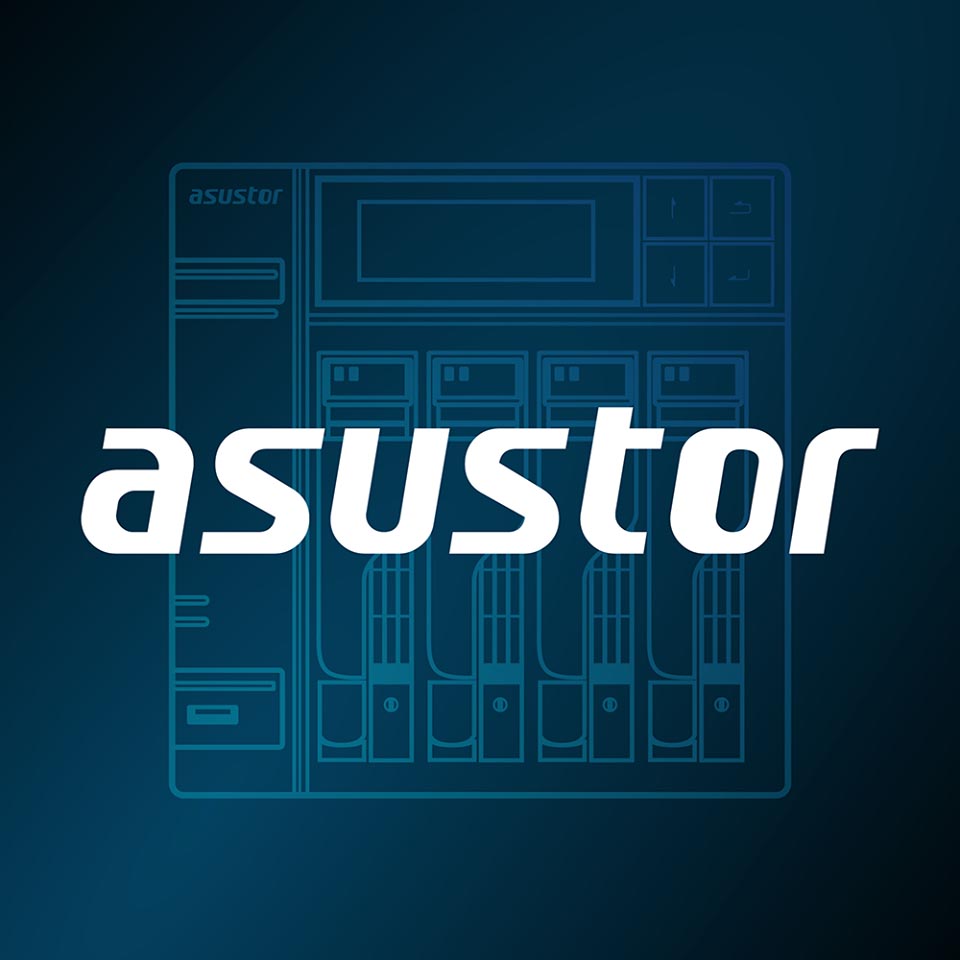hello everyone.
I'm hoping to build a NAS setup for my home. it'll be mainly used as a media server and a backup to various files. media streaming will be used in 3 devices if that is important. info I have Zero experience with NAS so that'll complicate things a bit.
I'll be connecting the NAS directly to my AX86U router which has a 2.5GbE port, does this affect my buying choices in anyway ?
I've been watching a lot of videos on the topic, should I be bothered with SSD caching and RAM upgrades for my usage ?
do I really need NAS HDDs or are they a waste of money for my usage?
anything else I should consider ?
I'd love to stick to the most user friendly ecosystem.
my budget is within range of a Synology 920+ but if necessary I can stretch it a bit more.
I'm hoping to build a NAS setup for my home. it'll be mainly used as a media server and a backup to various files. media streaming will be used in 3 devices if that is important. info I have Zero experience with NAS so that'll complicate things a bit.
I'll be connecting the NAS directly to my AX86U router which has a 2.5GbE port, does this affect my buying choices in anyway ?
I've been watching a lot of videos on the topic, should I be bothered with SSD caching and RAM upgrades for my usage ?
do I really need NAS HDDs or are they a waste of money for my usage?
anything else I should consider ?
I'd love to stick to the most user friendly ecosystem.
my budget is within range of a Synology 920+ but if necessary I can stretch it a bit more.


